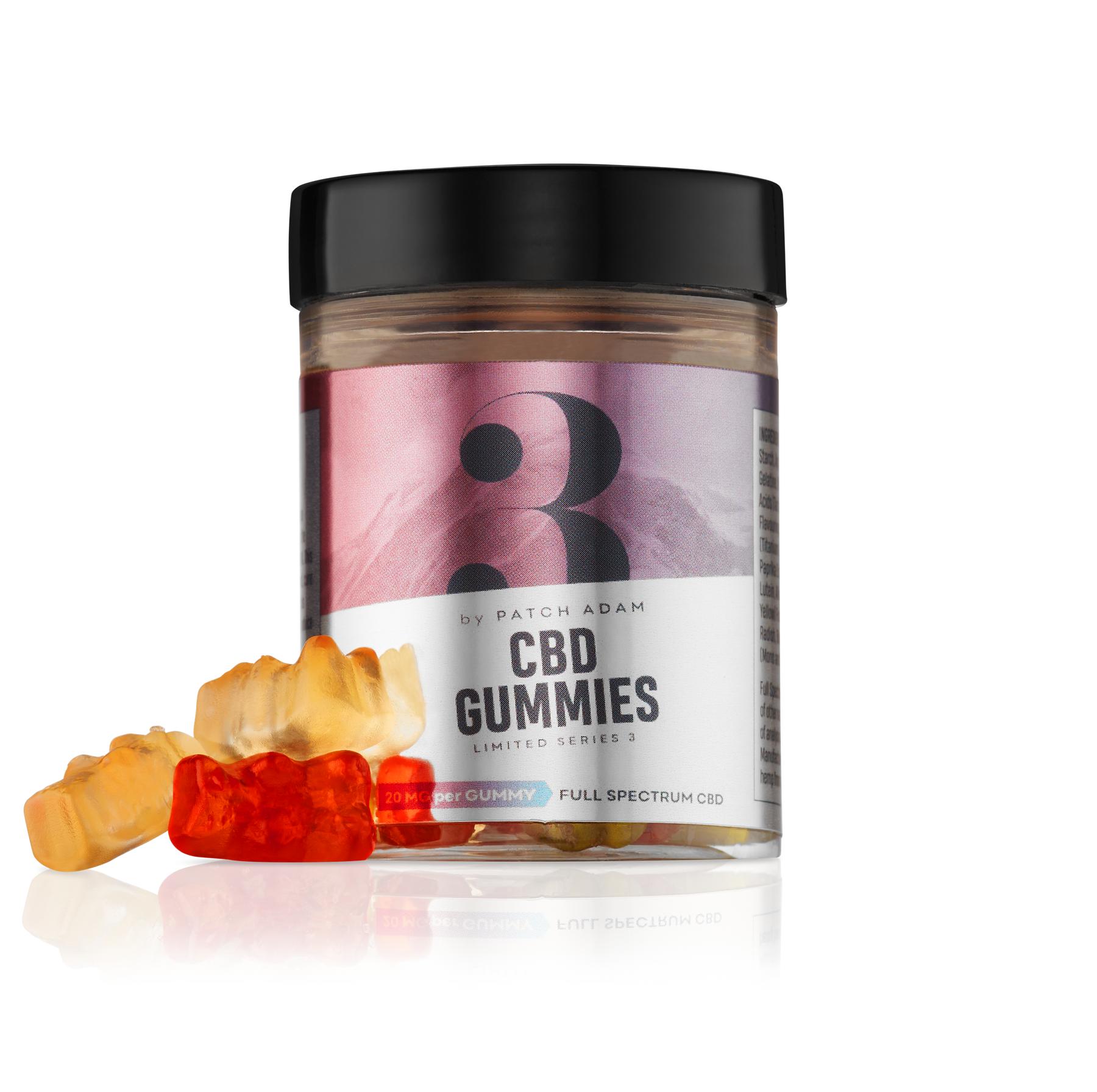
Cannabidiol, a chemical compound found in marijuana, has antiepileptic and immunomodulatory properties. It also interacts to the neurotransmitter Serotonin's receptors. This article will examine the different ways cannabidiol could help people manage their symptoms. It is hoped that you will find it useful in helping to decide if this natural substance can help your health.
Cannabidiol comes from the cannabis flower and is a chemical compounds.
Cannabidiol can be described as an oil that is extracted from the cannabis plant. It is used for epilepsy treatment and to reduce inflammation and pain. Although marijuana is not yet legal in all 50 states, many people are turning to cannabis for therapeutic purposes. Researchers have found a range of cannabinoids as well as terpenes in cannabis. Some of these compounds are promising for medical treatments.

It has antiepileptic effects
Cannabidiol has antiepsy effects, but there is no clear evidence that cannabidiol causes seizures. Researchers are investigating its potential for treating epilepsy in other conditions, such as Tuberous Sclerosis Complex and Lennox Gastaut syndrome. This compound also has a positive impact on cognition. The question of whether or not cannabidiol acts as an antiepileptic agent is ultimately a valid one.
It can have immunomodulatory effects
Research has demonstrated that cannabidiol exhibits immuno-modulatory qualities. The endocannabinoid system, or endocannabinoids, may help regulate immune responses in the body. The immune system can be triggered by this system, which causes the body's immune system to respond in an unnatural way. This could lead to healthy organs being attacked by defense cells. Some studies have found that patients with autoimmune diseases can benefit from cannabinoids. These studies are still in their infancy and further research is needed to understand the benefits and mechanisms of cannabidiol for the immune system.
It interacts and is absorbed by receptors that are responsible for the neurotransmitter Serotonin
Serotonin, a neurotransmitter, is released from nerve cells. It binds to receptors on the target cells. Serotonin receptors exist throughout the brain, the majority being found in the human hippocampus. These receptors can be both homo and heterodimerized. They play a role in the regulation of the limbic system.

It is not regulated by the FDA
Cannabidiol, or CBD (for short), is one among more than 100 cannabinoids that are found in Cannabis Sativa L., which is commonly known as marijuana and hemp. It was first isolated in 1963. However, it has only recently been discovered that CBD could have therapeutic properties. CBD products are available at gas stations, grocery stores and online retailers.
FAQ
How big is the global CBD market?
Euromonitor International reported that the global CBD market was valued in 2015 at $US3.5 billion. This represents an increase of over 10% from 2014.
This report predicts that the figure will rise to $US6.4 trillion by 2020, which is an average annual growth rate at 12%.
CBD products are expected to account for around half of all hemp-derived products sold globally by 2020.
This includes CBD oils, as well other CBD products, including food, beverages cosmetics, pet care, and CBD oils.
Can I use CBD during pregnancy?
There hasn't been enough research to determine if CBD can be used during pregnancy.
However, the little information available suggests that CBD is unlikely to cause harm to the baby.
Pregnant women shouldn't take CBD unless they are advised by their doctor.
The Food and Drug Administration published a warning about potential health risks when CBD is taken while pregnant.
FDA states that there are some indications that cannabis use during pregnancy could increase the chance of miscarriage.
The agency said that more research is needed to reach a firm conclusion.
Is the CBD industry growing?
Yes! This growth is expected to continue as legalization expands across North America. Canada has legalized recreational marijuana use in the past year, and several states have passed laws regarding medical marijuana.
As more states adopt legislation that allows medicinal marijuana access, this trend is likely to continue at least for the next decade.
The legalization of marijuana also makes sense from an economic perspective. Legalizing pot can provide many benefits, not only for farmers but also for the general public.
It could, for example, help lower crime rates by decreasing the availability of illegal drug. It could also be a source for tax revenue.
People will likely choose to consume less alcohol as they become more comfortable with legal marijuana. This would result in fewer hangovers, and lower healthcare costs.
For chronic pain patients, marijuana may even improve quality of their lives. Many believe that THC, which is the active ingredient of marijuana, can help relieve muscle spasms and nausea from chemotherapy.
A lot of people believe that marijuana is a good option for treating anxiety and depression. In fact, some studies suggest that marijuana can even treat schizophrenia.
Even though the CBD sector looks bright, there are still many challenges.
Statistics
- A recent study [161] also found that in vitro CBD treatment (i.e., ≤ 2 h exposure to 10 μM) induced ~40% vasorelaxation in isolated (pre-constricted) (ncbi.nlm.nih.gov)
- The inhibition of FAAH is predicted to lead to an increase in brain and plasma concentrations of AEA, which acts as a partial agonist at CB1R and CB2R, thereby increasing endocannabinoid tone [92, 110]. (ncbi.nlm.nih.gov)
- OralWhere HED is the human equivalent dose, and Km is a correction factor estimated by dividing the average body mass (BM) of the species (60, 0.020, and 0.150 kg for 11 humans, mice, and rats, respectively) and by its surface area (see: Nair et al. (ncbi.nlm.nih.gov)
- CBD seems unlikely to directly influence sleep in healthy humans [115] (and maybe “sleep-promoting” in those with certain comorbid conditions) (ncbi.nlm.nih.gov)
- While the primary injury may not be treatable, interventions that attenuate secondary sequelae are likely to be of benefit [203].Only one study (ncbi.nlm.nih.gov)
External Links
How To
How to Get Certified To Sell CBD Products
One of many cannabinoids found within cannabis plants is CBD (cannabidiol). It has been used medicinally since ancient times, including in traditional China, India, and many South American nations. The ability to treat conditions such anxiety, pains, epilepsy, and inflammation has made CBD products extremely popular in recent times. If you're looking to sell CBD products, however, there isn't an official certification program. At least not in the U.S.
There are two methods to do this. One way to do this is to join the local association of cannabis-business owners. By joining a local association of canna-business owners, you will be able to learn from others and receive support and advice. There are currently numerous associations all over the country. There are two options. The first is to open an online business. Many states allow canna businesses to operate online. You can create your own website and start taking orders immediately if you are allowed to do so. However, you must still register with your state's Department of Public Health. Once you have registered, your state's Department for Public Health will issue you a license. After you have received your license, your store is officially open and you can begin taking orders.